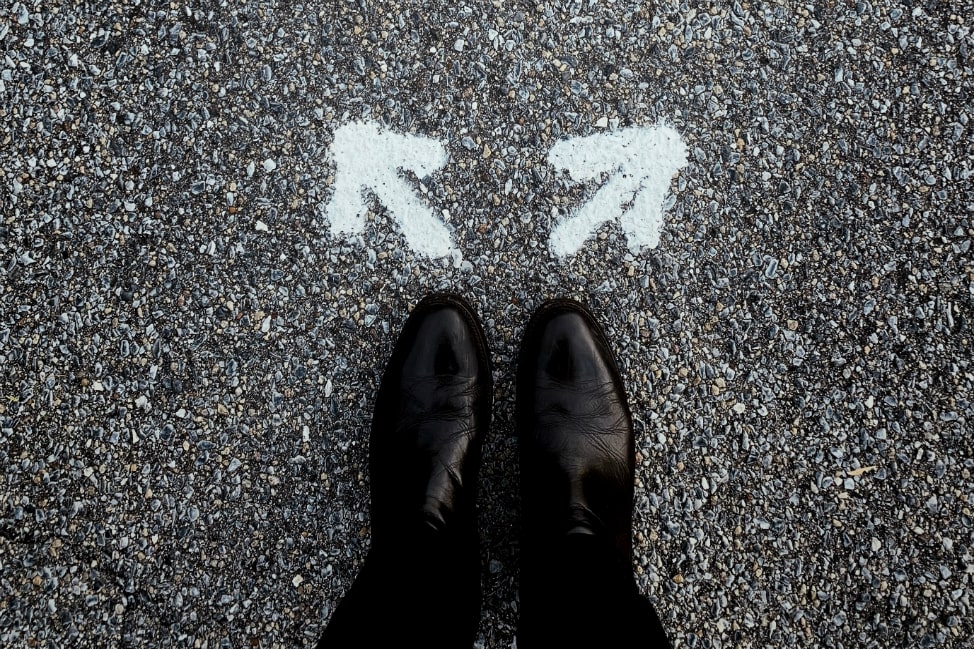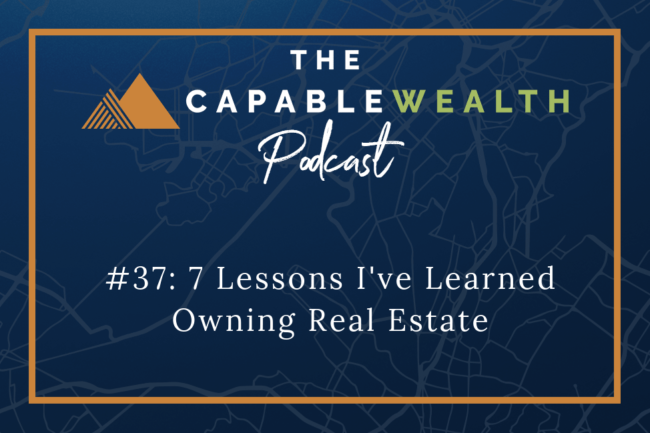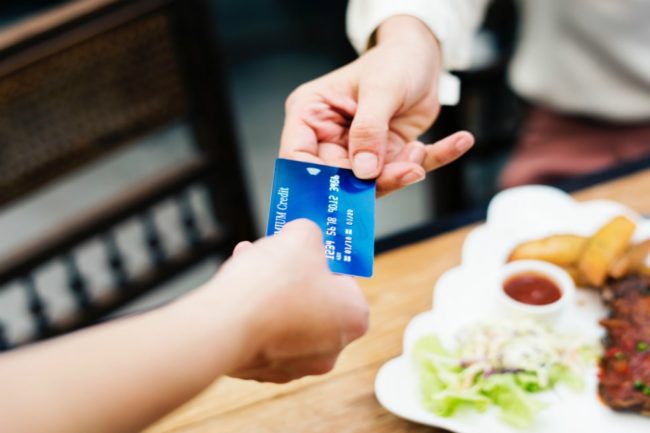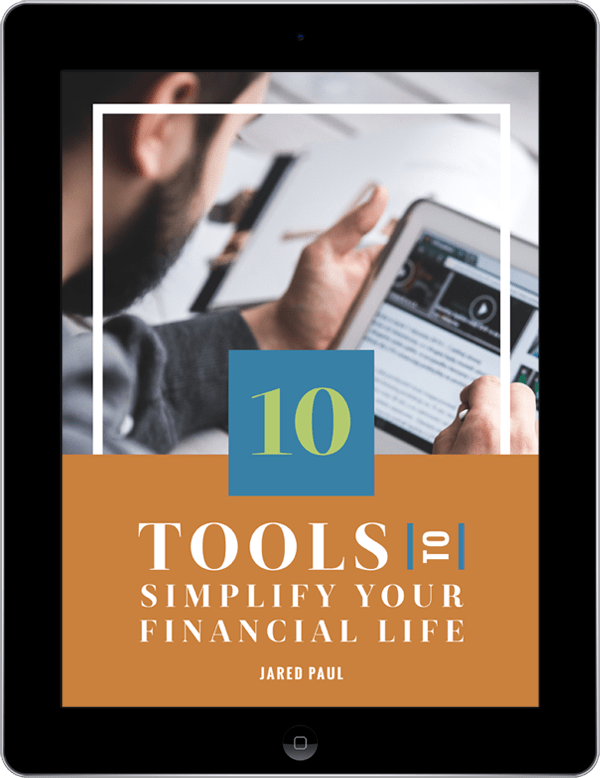The human mind is a funny thing. It’s capable of so much awesomeness, but simultaneously of some pretty annoying things.
On more than a few occasions, I’ve noticed myself performing some mental gymnastics in order to convince myself of making foolish financial decisions.
Recently, I’ve been getting a good amount of questions revolving around ways to save money and other wealth-building tactics.
So, it got me thinking about loyalty cards.
EXPENSES PARADING AROUND AS SAVINGS
Loyalty cards are a pretty savvy invention by businesses. They pull you in, promising to save you money, if you would only keep spending more…
Granted, there is a good side to these cards. If you were going to be spending money on something in the first place it makes sense to utilize any benefits that might decrease how much you are spending. But plenty of people (including yours truly) have felt the pull to go buy more smoothies in hopes of reaching number 10, and getting your 11th free! J
It’s amazing how you can start to rationalize spending more money on something because you are going to earn some type of benefit in the future.
In regards to my mention of smoothies – I live near this great store that makes pretty phenomenal liquified fruits. As you probably surmised, they give out a loyalty card that offers you a free smoothie after you’ve purchased 10.
Being the mathematical and strategic genius that I am, I realized that they don’t clarify if the free one is for a large or small. So, if you purchase 10 small smoothies for a lower price, you can then order a large smoothie and get even more bang for your buck! Whoa!
So, over the course of a couple months (probably less than that), I racked up my hole punches and moved closer and closer to my free smoothie.
As I approached the 10th smoothie, I realized one glaring issue with my plan – I was buying WAY more smoothies than I normally do.
I was going out of my way to get a smoothie in order to reach this pinnacle of hole-punching achievement, and it was costing me.
At the end of the time period the score was Smoothie bar – 10, Jared – 1. Touché!
CARL RICHARDS & MONEY-SAVING IDEAS
This same concept popped up in a book I read, recently.
In a section of “The One-Page Financial Plan” by Carl Richards he writes about how people can be doing the right thing in trying to save money, but can convince themselves of an outlandish purchase in the process.
The example he uses is of buying a hybrid car for its fuel efficiency.
It’s true that buying a hybrid car will save you a good deal on gas, but there is a lot of additional costs to overcome before that makes a difference. For starters, the initial cost of a hybrid is much higher than your average vehicle. Some estimates state that you’d have to drive the same hybrid for over 10 years before you made back the additional purchase price with gas savings.
And considering the average American changes a car every 6 years, you’re not likely to make back that additional expense.
It is certainly better for the planet, but not necessarily better for your wallet.
A couple other things Carl mentions that people say in order to justify a more expensive car are, “The car is better rated and safer for my family” or “the piece of new technology is an investment.”
Those things might be true, but if you can’t afford something, you shouldn’t be buying it – it’s that simple.
THE BUYING VS. RENTING ARGUMENT
This is another one that I constantly hear: “You should buy a home because renting is a waste of money. You could have put that same money toward a mortgage payment and be purchasing a home!”
The problem with this argument is that it doesn’t factor in any of the additional costs that accompany owning a home.
You have to worry about maintenance, repairs, capital expenditures, landscaping, taxes, insurance, and on and on.
When you add everything up, owning a home isn’t the amazing investment most people try to get you to believe.
[3 Reasons Why You Shouldn’t Buy A Home (And One Why You Should)]
VACATION DEALS
Once again, if you already have a trip planned, finding deals is a great way to save money.
But, if you subscribe to one of those last-minute vacation offer sites that are constantly pinging you with deals on vacations to far-off places, chances are you could be tempted to overextend yourself on a vacation you didn’t have budgeted in the first place.
The better course of action is to plan out when you are going to take a vacation, and then look for deals specific to your plans.
BUYING IN BULK
And finally, buying food in bulk.
Sure, the more you buy, the lower your cost is per unit. So, you saved money, right?
Maybe…
In the U.S., the average person throws away nearly a pound of food per day, and equates to roughly 30% of the average daily calories consumed for every American.
Buying in bulk makes sense, if you aren’t throwing away a ton of your food.
SEEING THE FOREST FOR THE TREES
The entire point of this post is to hopefully get you to realize that we sometimes have the best of intentions, but we trip up in our execution.
It could be that you are truly trying to save money and cut down on costs. But you need to make sure that the decisions you are making don’t end up costing you more than you think.
As the saying goes, you don’t want to miss the forest for the trees. So, don’t get caught up in the details and miss out on the big picture!
Capably Yours,
Jared















